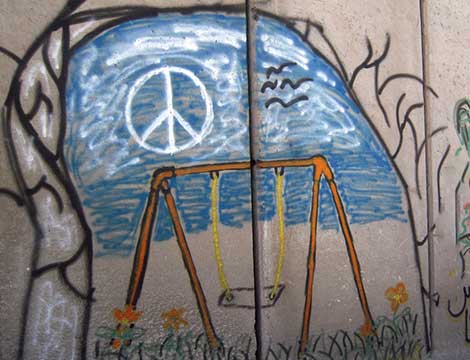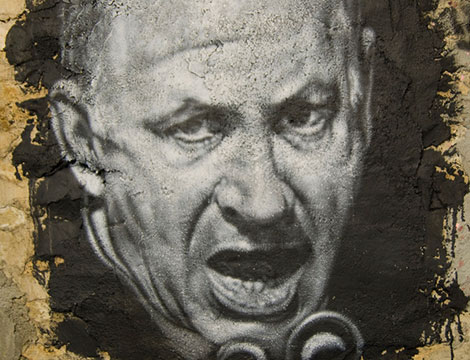
This article was originally published by the European Union Institute for Security Studies (EUISS) on 5 May 2017.
Until recently, Israeli-Palestinian security cooperation was seen as a unique ‘success story’ of the Middle East Peace Process. However, recent developments seem to be challenging this narrative; only last month, demonstrations attracted thousands of Palestinian protesters who demanded the suspension of cooperation with Israel. Shortly before this, Palestinian Authority (PA) President Mahmoud Abbas threatened to end Israeli-Palestinian security cooperation in response to a new Knesset law which retroactively legalised some 4,000 Israeli settler houses built on private Palestinian land. Consequently, one of the cornerstones of the Oslo Accords now appears to be under real threat.
Effective cooperation – what for?
Cooperation between Israel and the Palestinians in security terms has hitherto been robust in the West Bank (Hamas put an end to it in Gaza in 2007) and dates back to the 1993 Oslo Accords. These stipulated the creation of ‘a strong police force’ which would guarantee public order and internal security for Palestinians, while the Israeli state was to be responsible for countering external threats and ensuring the overall security of Israelis. Today, with over 44% of public sector employees in the PA working in the security sector (over 80,000 people), it remains a major provider of income to the Palestinian population. It also accounts for the lion’s share of the PA’s annual budget, with 30-45% allocated to this sector.




